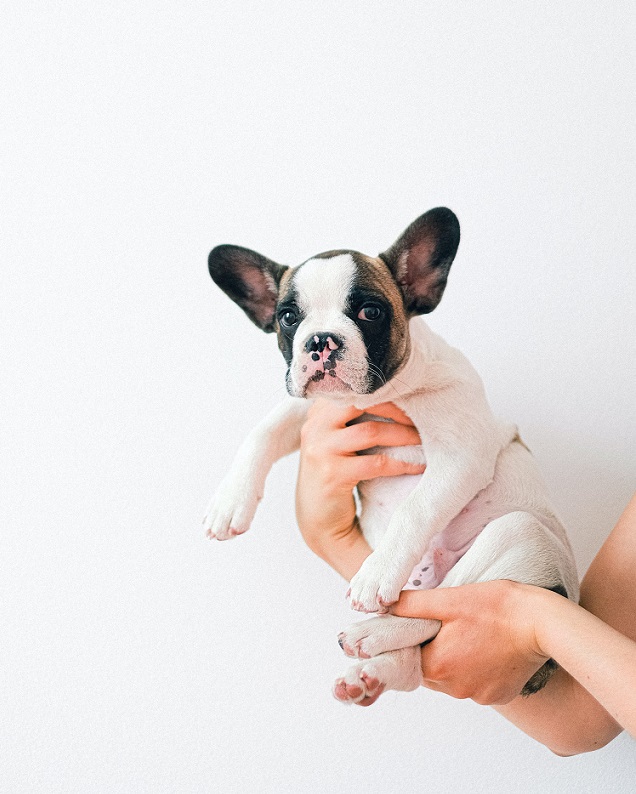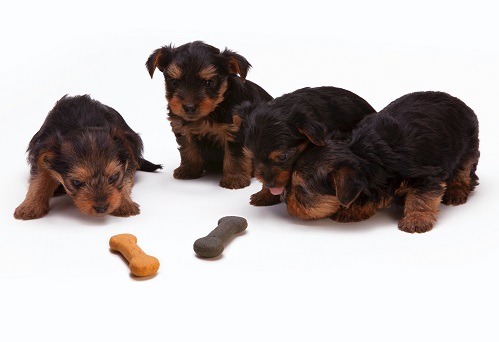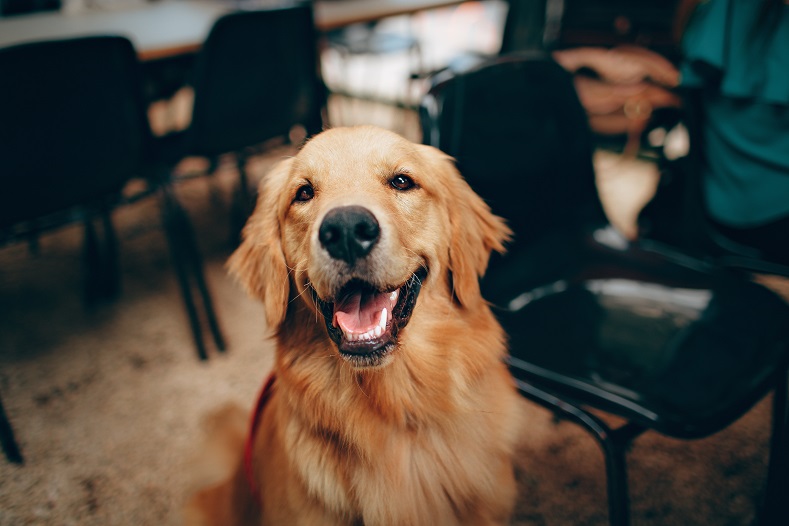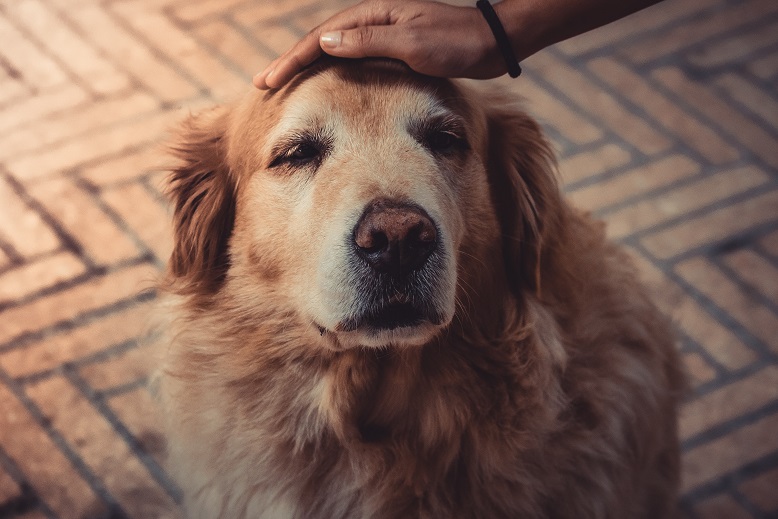
Dog care is fairly consistent as they age. Mostly, it’s about preparation and prevention.
6-8 weeks
YAY! A new member of your family has just been added. Puppies at this point are literally babies and need a good bit of attention. It’s crucial at this point to set a veterinarian appointment for not only health advice but a complete examination. Think of it like a puppy physical. This will be the beginning of an amazing relationship with you and your dog!
9-11 weeks
By now you want to begin to crucial steps to effective dog care:

- Establish/find/create/begin a solid house training routine.
- Socialize the pupper
You can socialize the puppy with training classes or by bringing him around known calm dogs or just other pups his age. These beginning weeks are very important. Habits are being formed, you are getting used to the furry companion, the fur-ball is getting used to you, it is perfectly reasonable to be calling your vet for more information and advice.
12-14 weeks
So now your little fur-ball is getting into his paws, so to speak. His personality should be blooming and the funny quirks coming out. Now is the time to do a couple things, address any behavioural concerns, and make sure the little fella is up-to-date on his vaccinations. At this point you’re going to want to go crazy with toys, DO NOT. Check out our other article about synthetics here.
16 weeks
This is a big time in a puppies life. Almost all vaccinations should be done and the puppy should be close to or totally house broken. Now is when you should consider, perhaps speak to the breeder about spaying or neutering the pup. Don’t do it yet! But begin to make plans.
4-6 months

The teenage years. The rowdy years. The beginning of doghood. This is the critical time for training. Most puppies are neutered at this stage, but if you have a high-pedigree dog, some recommend letting it wait till around 1 year. Now is also the time to discuss diet/nutrition plan and get on a pest plan (fleas, ticks and heartworms).
1 Year
At this point most breeds will be full-grown as far as size is concerned. Exercise and diet will play a huge part in the life your dog receives, his behaviour, overall size and much more. Certain breeds may have some weight issues but it is nothing a simple vet trip can’t fix or clear up. When in doubt, call up your veterinarian. Since your dog is now a year old it would be a good time for annual physical, vaccine check up, heart worm check up and general once over.
Officially “Dog Care” 2 Years

Large dogs at this point should be fully developed physically and may need special attention due to their extreme size. Your dog is now large, and full of puppy energy! Be vigilant this is the time when bad behaviour if uncorrected can stay for a lifetime and be dreadful to fix! From this point on any vaccinations are going to be about 6months apart and your Dog should be in tip top shape. Things to discuss with your vet: Any behavioural problems, any breed specific concerns, and general wellness advice.
3-5 Years
Your dog should be more than comfortable at home by now. Some of the more clever breeds may even show signs of maturity and calmness. Now would be an appropriate time to have their first dental cleaning done. All should be well even for exceptionally large dog breeds. Keep up to date on vaccinations and wellness. Make sure the nails are trimmed and you are good to go!
6-8 Years
Most dog breeds are going to show some signs of age by this point. Obviously bigger dogs age quicker than smaller ones, but even still, some small dogs may exhibit signs of wear and grey faces. In these middle age years you may even consider giving your dog additional supplements to help age gracefully or restore some energy. Consult your veterinarian.
9-11 Years

These are the golden years for most dog breeds. Large dogs are really starting to look white in the face and generally have some hip problems. Even still, exercise is so crucial for dogs to maintain their youth and health. Like humans, sitting means death and it is much better for dogs to remain active way into their older years. Dog care at this point really boils down to spending time and enjoying your time playing with the old fella.
12 Years and Over
- Proper Dog Bathing
- Proper Dog Nail Care
- Dog Health – Avoiding Synthetics Part II
- A Complete Guide to Dog Heart Care
- Bobi The Oldest Dog Ever
Depending on the breed some dogs will be absolutely ancient by now. Most will have some kind of chronic illness and will need to be handled gently. You can certainly increase check up frequency from once a year to twice. Most importantly of all in dog care, enjoy it. Our friends don’t live as long as us and they love us unconditionally. Maybe you’ll get lucky and beat the current Guinness World Record’s Oldest Dog! To read more about the World’s oldest dog click here!
